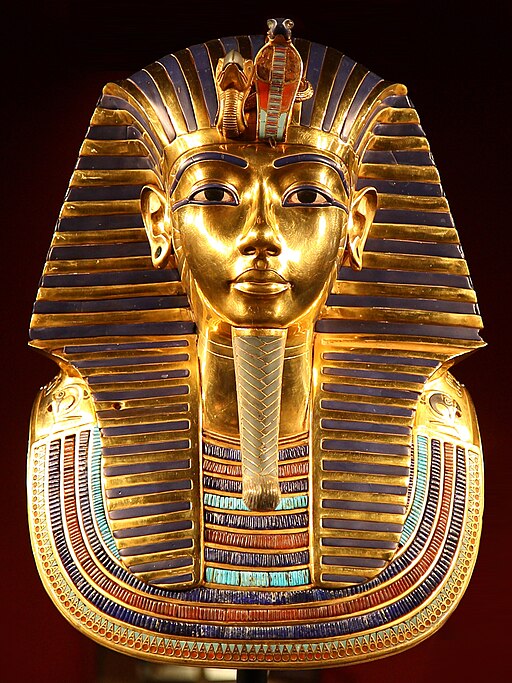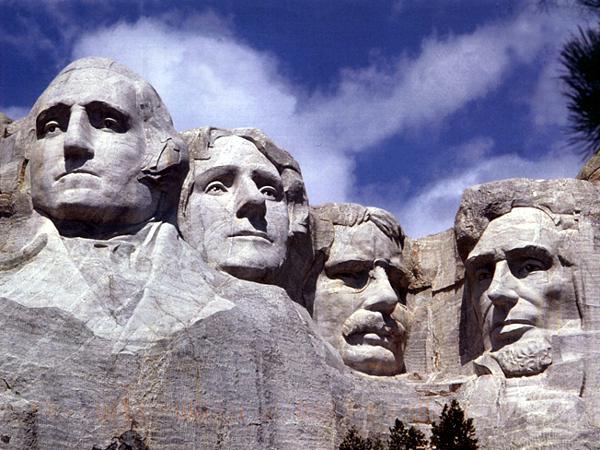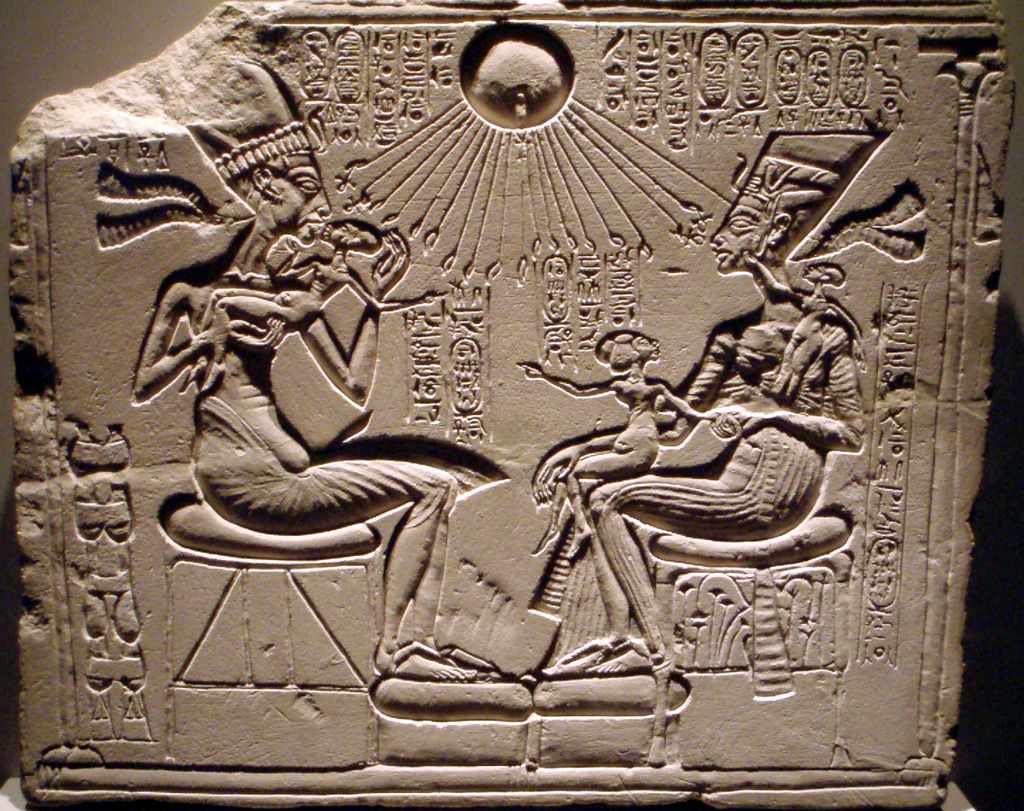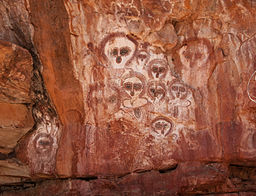
“The Laughing Cavalier” by Frans Hals is famous for the lively and spontaneous style of portraiture created by the Dutch Golden Age Master. The subject is, in fact, not laughing but has an enigmatic smile, amplified by his upturned mustache.
The painting conveys a sense of jesting and swagger that is the effect of the low viewpoint together with the sitter’s upturned mustache.
His sparkling eyes, pointy beard, shiny nose, pink cheeks, large black hat, and confident pose all add to the charming swagger.
The portrait is richly colored with a flashy costume of a doublet embroidered with fanciful motifs in white, gold, and red thread and with a gilded rapier pommel at the crook of his elbow.
The title is an invention of the Victorian press, dating from its first exhibition in 1872–75 soon after it arrived in England.
It was reproduced in large quantities as a print and became among the best known old master paintings in Britain. The identity of the man is unknown.
The recorded 1800’s titles mostly suggest a military man or officer in one of the part-time militia companies. The painting is inscribed with the date of 1624 and the sitter’s age, who was 26 years old.
Up close, this painting is captivating with its powerful technique. The vivid colors, differing textures, and details of the costume are brilliantly captured in the fluid and expressive brushwork by Frans Hals.
Frans Hals, together with Rembrandt van Rijn and Johannes Vermeer, dominated the Golden Age of Dutch Art in the 1600s.
Many of Frans Hals’s individual and group portraits can be found in museums across the world, depicting all types of people from the Dutch Golden Age.
Frans Hals
Frans Hals the Elder (1582 – 1666) was a Dutch Golden Age painter, usually of portraits, who lived and worked in Haarlem, a city in the Netherlands. He is notable for his loose painterly brushwork, and he helped introduce this lively style of painting into Dutch art. Hals played an essential role in the evolution of 17th-century group portraiture.
Dutch Golden Age
Dutch Golden Age painting refers to a period in Dutch history roughly spanning the 17th century, during and after the later part of the Eighty Years’ War (1568–1648) for Dutch independence
. The new Dutch Republic was the most prosperous nation in Europe and led European trade, science, and art.
The northern Netherlandish provinces that made up the new state had traditionally been less critical artistic centers than cities in Flanders in the south.
The upheavals and large-scale transfers of people during the war, and the break with the old monarchist and Catholic cultural traditions meant that Dutch art had to reinvent itself.
The painting of religious subjects declined sharply, but a significant new market of secular subjects developed.
Dutch art of the Golden Age lacks the idealization and love of splendor typical of much Baroque work of the time, including that of neighboring Flanders.
Most work, including that for which the period is best known, reflects the traditions of detailed realism inherited from Early Netherlandish painting.
Laughing Cavalier
- Title: Laughing Cavalier
- Artist: Frans Hals
- Year: 1624
- Medium: Oil on canvas
- Dimensions 83 cm × 67.3 cm (33 in × 26.5 in)
- Museum: Wallace Collection
Frans Hals
- Name: Frans Hals
- Born: c. 1582 – Antwerp, Flanders, Spanish Netherlands (Belgium)
- Died: 1666 (aged 83–84) – Haarlem, Dutch Republic
- Nationality: Dutch
- Notable work
- Meeting of the Officers and Sergeants of the Calivermen Civic Guard
- The Meagre Company
- Laughing Cavalier
The Laughing Cavalier – Frans Hals
Explore the Wallace Collection
- “The Laughing Cavalier” by Frans Hals
- “A Dance to the Music of Time” by Nicolas Poussin
- “Perseus and Andromeda” by Titian
- The Happy Accidents of the Swing by Jean-Honoré Fragonard
- “The Lady with a Fan” by Diego Velázquez
- “The Rising of the Sun” by François Boucher
- “The Setting of the Sun” by François Boucher
The Laughing Cavalier by Frans Hals
Quotes About Laughing and Laughter
~~~
“The earth laughs in flowers.”
– Ralph Waldo Emerson
~~~
“The art of medicine consists of amusing the patient while nature cures the disease.”
– Voltaire
~~~
“With mirth and laughter let old wrinkles come.”
– William Shakespeare, The Merchant of Venice
~~~
“There is nothing in the world so irresistibly contagious as laughter and good humor.”
– Charles Dickens
~~~
“I love people who make me laugh. I honestly think it’s the thing I like most, to laugh. It cures a multitude of ills. It’s probably the most important thing in a person.” –
Audrey Hepburn
~~~
“To truly laugh, you must be able to take your pain and play with it.”
– Charlie Chaplin
~~~
“A good laugh is a mighty good thing, a rather too scarce a good thing.”
– Herman Melville
~~~
“Always laugh when you can. It is cheap medicine.”
– Lord Byron
~~~
“As soon as you have made a thought, laugh at it.”
– Lao Tsu
~~~
“The only real laughter comes from despair.”
– Groucho Marx
~~~
“Even the gods love jokes”
– Plato
~~~
“As soap is to the body, so laughter is to the soul.”
– Jewish Proverb
~~~
“The human race has only one really effective weapon and that is laughter.”
– Mark Twain
~~~
“Among those whom I like or admire, I can find no common denominator, but among those whom I love, I can: all of them make me laugh.”
– W. H. Auden
~~~
“It was her habit to build up laughter out of inadequate materials.”
– John Steinbeck, The Grapes of Wrath
~~~
“From there to here, from here to there, funny things are everywhere.”
– Dr. Seuss
~~~
“God has a smile on His face.”
– Psalm 42:5
~~~
“God is a comedian playing to an audience too afraid to laugh.”
– Voltaire
~~~
“You have as much laughter as you have faith.”
– Martin Luther
~~~
“I don’t trust anyone who doesn’t laugh.”
– Maya Angelou
~~~
“If you want to tell people the truth, make them laugh, otherwise they’ll kill you.”
– George Bernard Shaw
~~~
“I am the happiest creature in the world. Perhaps other people have said so before, but not one with such justice. I am happier even than Jane; she only smiles, I laugh.”
– Jane Austen, Pride and Prejudice
~~~
“And we should consider every day lost on which we have not danced at least once. And we should call every truth false which was not accompanied by at least one laugh.”
– Friedrich Nietzsche
~~~
The Laughing Cavalier: Identity Revealed?
Explore Portraits
- “The Emperor Napoleon I” by Horace Vernet
- “Self-portrait with Her Daughter, Julie” by Louise Élisabeth Vigée Le Brun
- “Self-portrait in a Straw Hat” by Louise Élisabeth Vigée Le Brun
- “Portrait of Juan de Pareja” by Diego Velázquez
- “In Summer” by Pierre-Auguste Renoir
- “Portrait of Dr. Paul Alexandre” by Amedeo Modigliani
- King Edward VI of England
- Elizabeth I of England
- “Portrait of Henry VIII of England” by Hans Holbein the Younger
- “Portrait of Thomas Cromwell” by Hans Holbein the Younger
- Catherine of Aragon
- The Chandos Portrait of William Shakespeare by John Taylor
- “Sir Thomas More” by Hans Holbein the Younger
- “Portrait of Adele Bloch-Bauer I” by Gustav Klimt
- “Arnolfini Portrait” by Jan van Eyck
- “Portrait of Captain James Cook RN” by John Webber
- “Ginevra de’ Benci” by Leonardo da Vinci
- “Mrs. Fiske Warren and Her Daughter Rachel” by John Singer Sargent
- “Portrait of Dr. Paul Alexandre” by Amedeo Modigliani
- “The Mona Lisa” by Leonardo da Vinci
- Portrait of Sir Thomas Stamford Bingley Raffles
- “Young Woman Drawing” by Marie-Denise Villers
- “Portrait of Doge Leonardo Loredan” by Giovanni Bellini
- Madame Moitessier ( The National Gallery, London)
- “Portrait of Madame X” by John Singer Sargent
- “Madame Moitessier” by Jean-Auguste-Dominique Ingres (National Gallery of Art, Washington, D.C.)
- “The Ambassadors” by Hans Holbein the Younger
- “Madame Cézanne in a Red Armchair” by Paul Cézanne
- “Portrait of Giovanna Tornabuoni” by Domenico Ghirlandaio
- “Whistler’s Mother” by James McNeill Whistler
- “Portrait of the Postman Joseph Roulin” by Vincent van Gogh
- “Jeanne Hébuterne” by Amedeo Modigliani
- “Self Portrait at the Age of 63″ by Rembrandt
- “Self-portrait with Model” by Lovis Corinth
Frans Hals – The Laughing Cavalier – Wallace Collection
~~~
“Forgive your enemies, but never forget their names.”
– Dutch Proverb
~~~
Photo Credit: 1) Frans Hals (1582/1583–1666) [Public domain], via Wikimedia Commons 2) Frans Hals (1582/1583–1666) [Public domain], via Wikimedia Commons
Popular this Week








 Sponsor your Favorite Page
Sponsor your Favorite Page SEARCH Search for: Search Follow UsJoin – The JOM Membership Program
Sponsor a Masterpiece with YOUR NAME CHOICE for $5
Share this:
- Tweet
